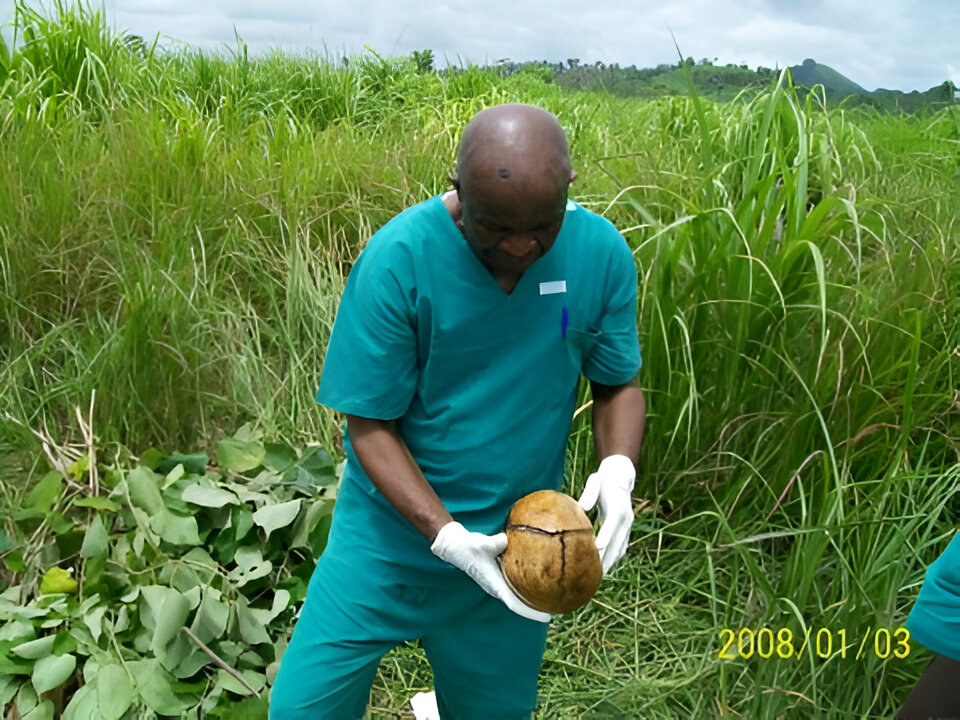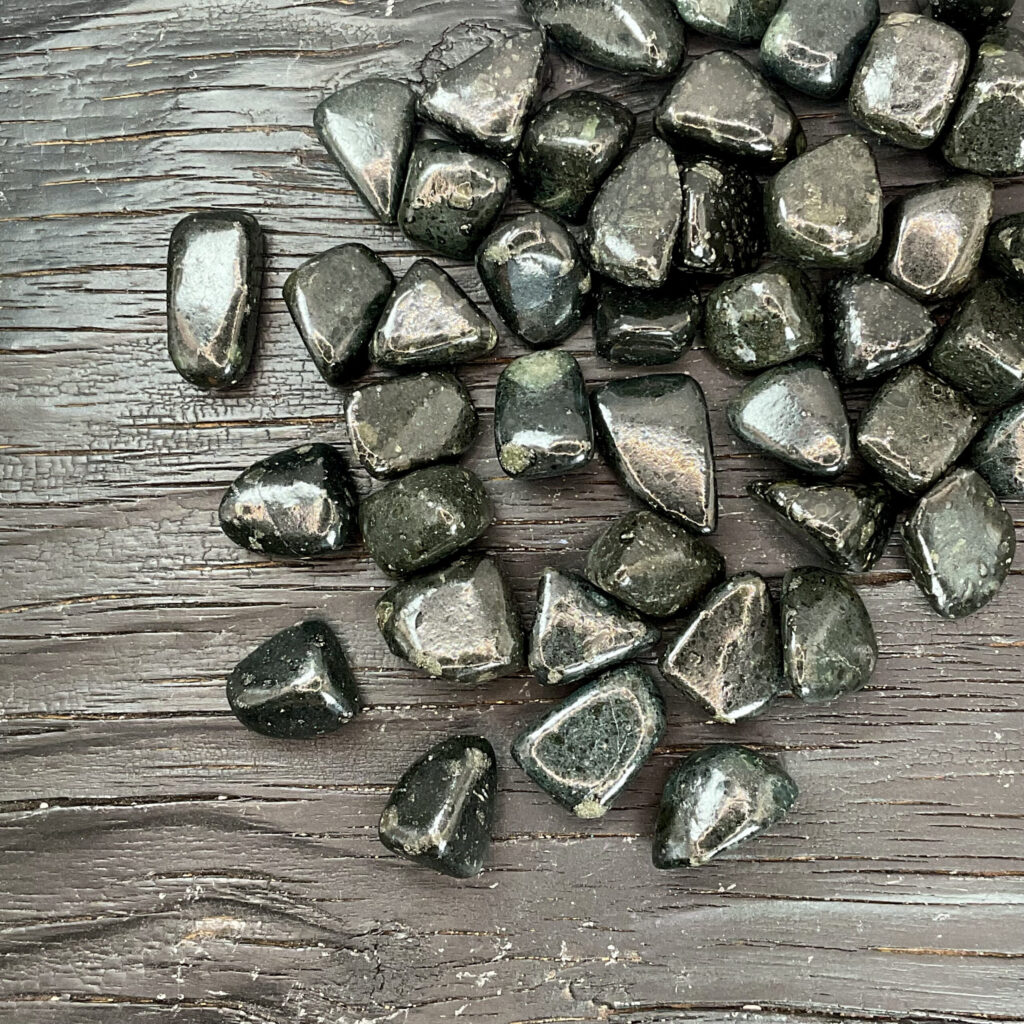The diamond-rich Kono district of Sierra Leone has always been in the spotlight. From the movies, blood diamonds, to acclaimed legitimate licensed operators by virtue of transferred ownership causing local tensions, we have had it all. Where did it all begin? Understanding the current tumultuous origins and evolution provides crucial context to the recent controversies surrounding the company-let's dig in.
The groundwork for the current Koidu mine operations was laid long before Octea Mining or Koidu Holdings came into existence. During the NPRC's rule in the 1990s, which followed a military coup and preceded a brutal civil war, the mining sector in Sierra Leone was often characterized by a lack of transparency and allegations of illicit dealings. While specific details of the Koidu concession during the NPRC years are often opaque, the general environment was one where governance and regulatory oversight were weak, creating opportunities for exploitation of natural resources. Koidu holdings itself began as Diamond-works but had its birth from Carson Gold Corporation.
The transition to the entity known as Koidu Holdings occurred later. In 2007-08, BSG Resources (BSGR), founded by Israeli billionaire Beny Steinmetz, took control of the Koidu mine. This acquisition marked a significant shift in the ownership and operation of the diamond fields. The corporate structure that emerged was complex, involving Koidu Holdings, Koidu Ltd., and ultimately, Octea Mining. Octea Mining sits at the apex of the Sierra Leonean operations, with its immediate parent company being BSGR. The ownership of BSGR itself is shrouded in layers of offshore entities, including foundations like Nysco and Balda in Liechtenstein and Switzerland. This intricate structure has often raised questions about transparency and accountability.
The arrival of BSGR and the subsequent formation of Koidu Holdings (now Octea Mining) brought promises of significant investment and job creation to the Kono region. However, the company's tenure has not been without controversy. Allegations of unfair labor practices, environmental concerns, and a lack of community benefits have surfaced over the years, culminating in the recent public dispute with First Lady Fatima Bio.
Adding another layer of complexity is the legal and financial history of BSGR. In 2019, BSG Resources filed for bankruptcy in Guernsey, its home jurisdiction. The company also sought recognition of these proceedings in the United States through a Chapter 15 bankruptcy petition in the Southern District of New York. This bankruptcy filing underscores the financial challenges and intricate web of liabilities associated with the parent company of Octea Mining.
Furthermore, the history of BSGR and its founder, Beny Steinmetz, is marred by allegations of criminal activity in other parts of the world. Most notably, in 2021, Beny Steinmetz was convicted in Geneva, Switzerland, of corruption and forgery related to mining deals in Guinea. While this conviction was later overturned by Switzerland's top court in 2024 due to procedural reasons, the initial guilty verdict cast a long shadow over the reputation of the ultimate beneficial owner of Octea Mining. These legal battles highlight a pattern of controversy associated with the broader corporate group.
Given the recent public scrutiny and allegations of worker exploitation, Octea Mining may face increased pressure to improve its community relations and labor practices, which could potentially impact its operating costs in the coming years. In 2007, there was an uprising from land and property owners leading to deaths when security forces at Koidu holdings opened fire killing two with ten others seriously wounded. This was confirmed by the government pathologist, Dr. Simeon Owizz Koroma after pathological assessments on exhumed bodies at the eastern town of Kono. The very process of Exhumation was once viewed as "provocation to the highest degree" by one relatives whose younger brother was Sahr Lamin.
Following this sad occurrence, A Jenkins Johnston's commission of inquiry was set up. However, recommendations were seemingly sweep under the carpet under the then Koroma APC led government. The white paper suggested compensation but donations were purportedly made instead of the white paper's prescription of compensation. Even with that, there aren't tangible evidences that donations earnestly took place. Although the company earned $18, 411,779.24 in profits in 2009, Koidu Holdings allegedly failed to build houses for displaced land and property owners estimated to have only been $5 million. This will be a path to follow with Koidu holdings as we leap to bring it to the attention of the public from their perspective even with their assumed temporal wound up activities in Sierra Leone.
In conclusion, the journey of Octea Mining in Sierra Leone, from its roots in a post-NPRC environment through the acquisition by BSGR and its complex ownership structure, has been marked by both economic activity and significant controversy. The allegations of worker mistreatment, coupled with the legal troubles of its ultimate beneficial owner, paint a concerning picture. While specific financial details for 2024/2025 remain elusive, the company's future profitability will undoubtedly be influenced by global market conditions, operational efficiency, and its ability to navigate the complex social and political landscape of Sierra Leone. The ongoing scrutiny from the First Lady and other stakeholders suggests that Octea Mining's operations will remain under a microscope.



